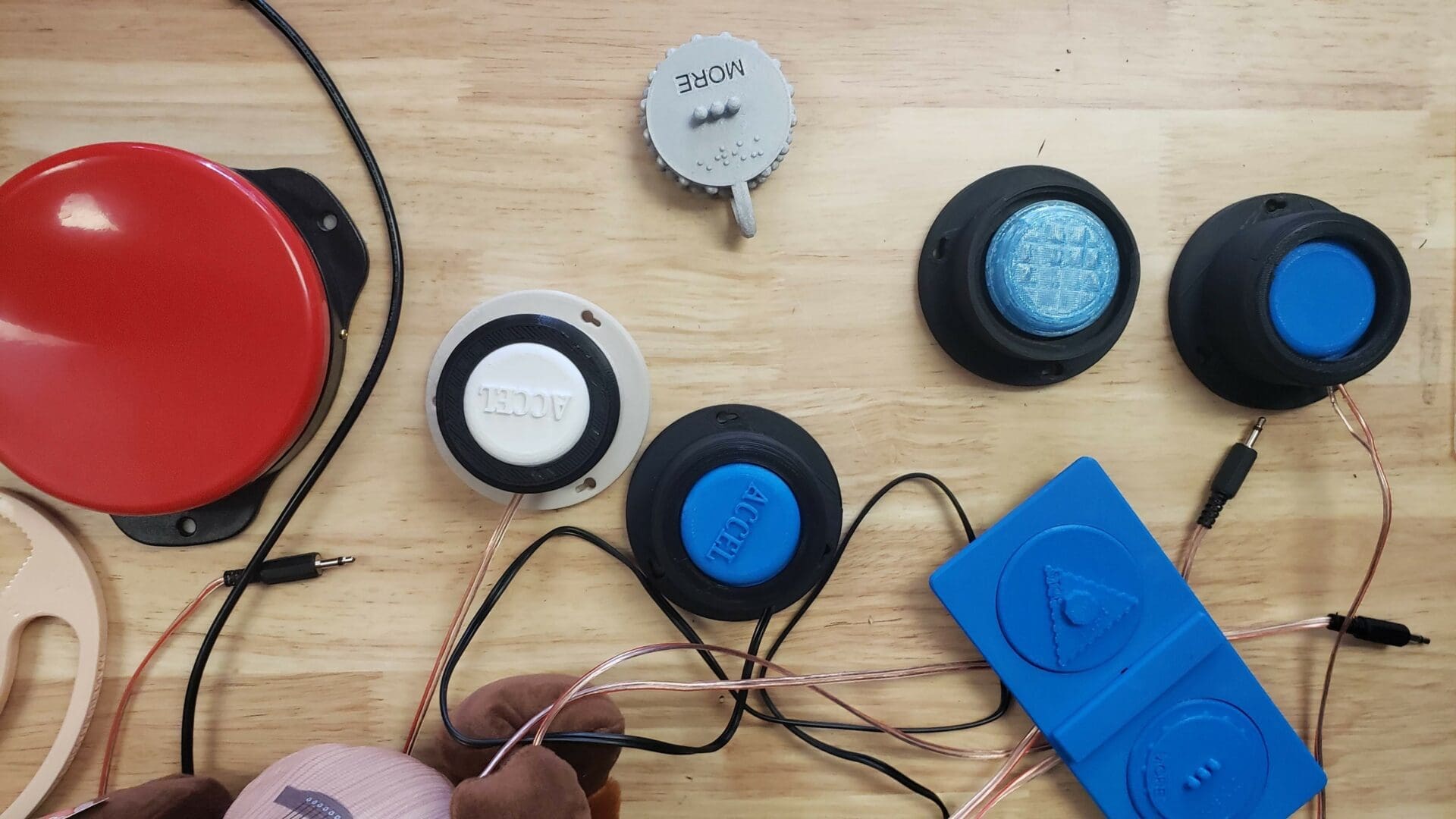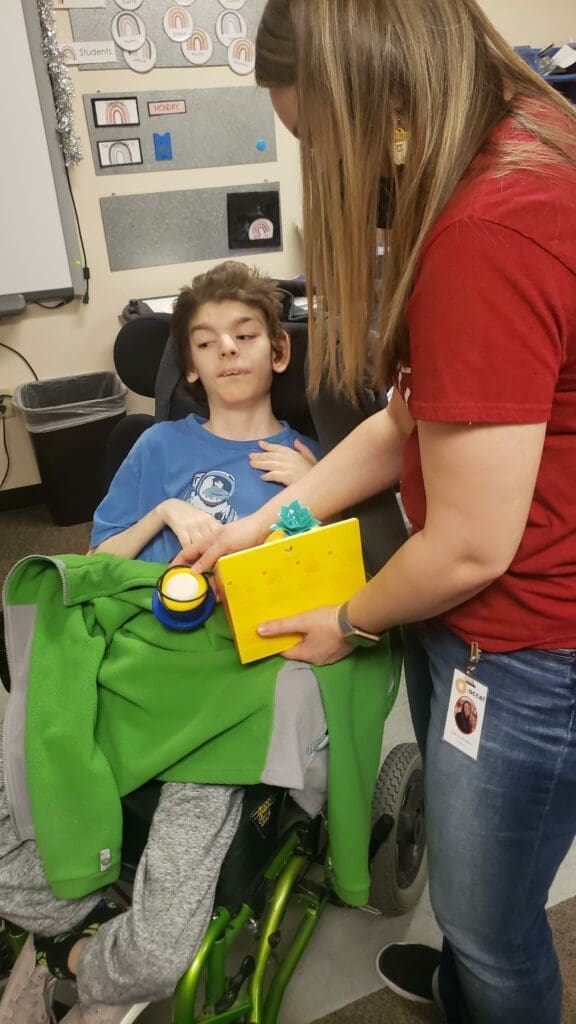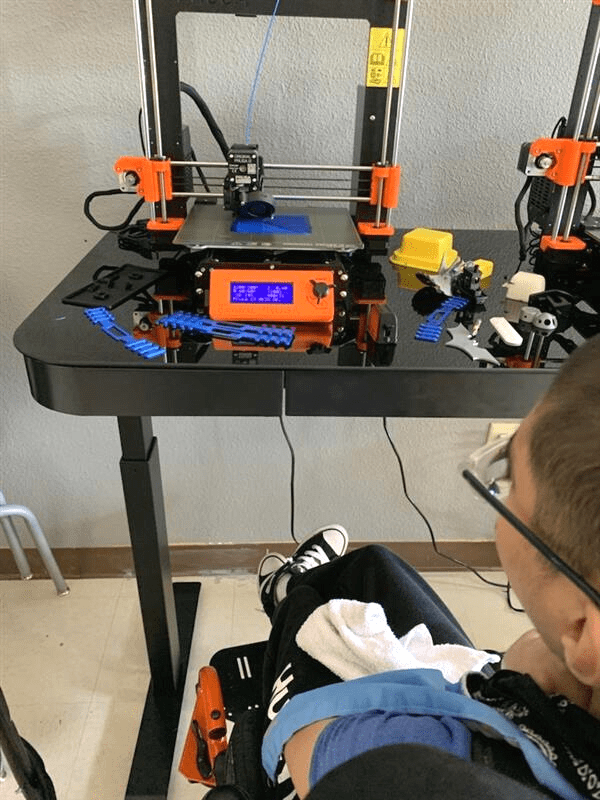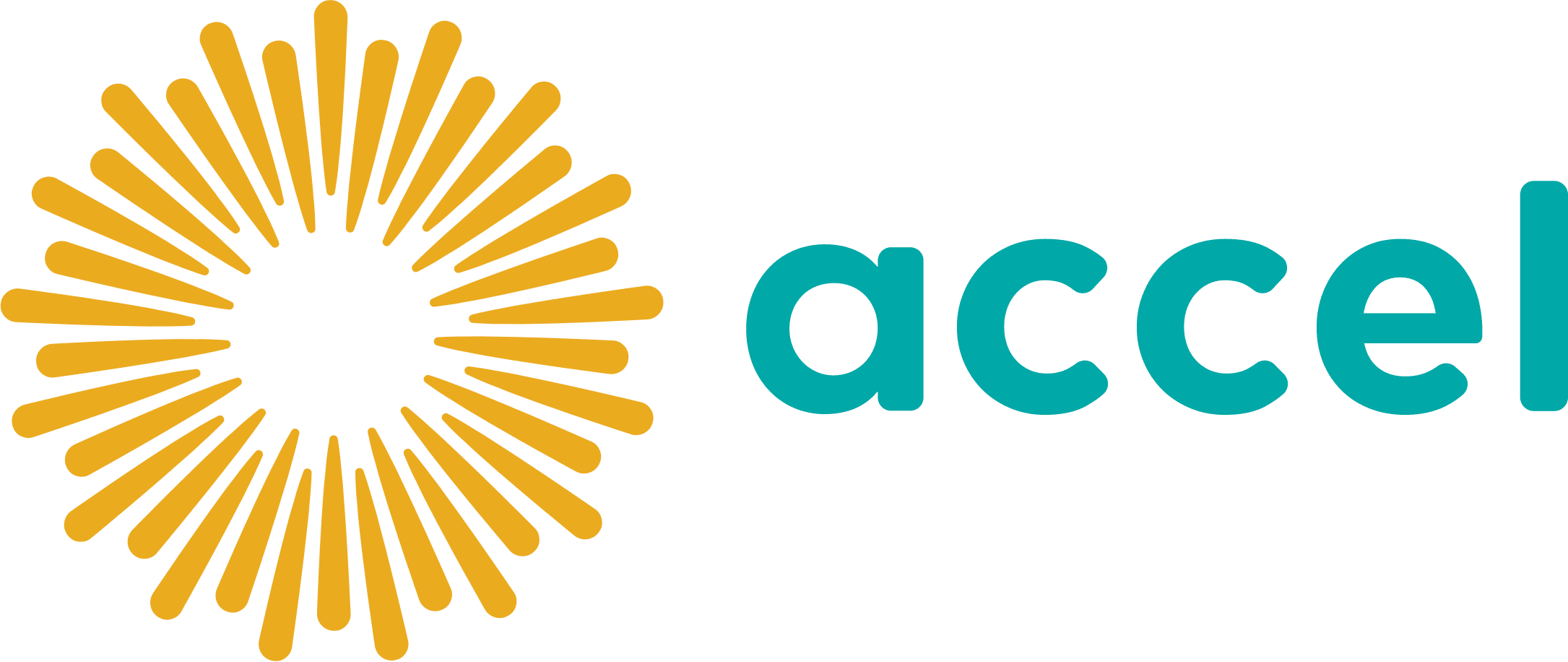
The Makerspace at ACCEL is up and running! This space is being used as a workshop where families with children who have disabilities can come to receive the support of a therapist to design and construct adaptive equipment that fits their unique needs.
Often, commercially available adaptive equipment is extremely expensive and can take months—sometimes even years—to acquire. ACCEL’s Makerspace is able to produce both commercially available equipment and custom-built products in a short time frame—all while reducing the cost!
The Financial Impact of Having a Child with a Disability
 It is well-known that families who have children with disabilities face more financial challenges than families who do not have disabled children. In fact, one study calculates that the combined indirect and direct costs incurred per family with a disabled child as $30,050 a year, and that’s on the low end.
It is well-known that families who have children with disabilities face more financial challenges than families who do not have disabled children. In fact, one study calculates that the combined indirect and direct costs incurred per family with a disabled child as $30,050 a year, and that’s on the low end.
Almost 15% of families with children who have chronic health conditions scale back their work hours; in families who have a physically disabled child, that number is 40%. Additionally, when the family has a child under the age of 5, is Hispanic, has a parent whose highest level of education is a high school diploma, or participates in a government assistance program, the economic cost of having a child with a disability is even greater.
These findings are very apparent at ACCEL as approximately 70% of our students meet the income criteria for free school lunch.
This financial gap can be a source of frustration for families as they seek to help their children live fuller, more independent lives.
How the Makerspace is Helping Relieve the Financial Impact

How exactly is the Makerspace making a difference? Thanks to ON Semiconductor, SRP, Sundt, and the William L. &
Ruth L. Pendleton Memorial Fund, students are able to receive adaptive equipment that positively impacts their quality of life and help produce items that will help their peers. Matt LeVac, ACCEL’s therapy supervisor, noted the importance of this space,
“To me, the Makerspace at ACCEL is a beneficial tool for our vocational students as it allows them to create functional tools for other students to use. We have various assistive technology tools that have been 3D printed or laser cut that directly supports our ACCEL students who need them. It also allows them to create items for the community at large to supply individuals with unique needs to receive tools at a much lower cost point.”
Through the Makerspace, students are both receiving and giving help. As Jessie Bustamante, ACCEL’s chief advancement officer, said, “The possibilities of what ACCEL students can do are now endless and this Makerspace has unlocked the potential for us to be an innovative, cutting-edge organization.”
The Makerspace at Work For Special Needs
For Ben, having a communication device is how he is able to communicate his wants, needs, and thoughts. Unfortunately, Ben has a habit of taking off the keyguard to his communication device, rendering the device essentially useless because of his visual and motor impairments.
In an effort to help resolve this recurring issue, 3D printed clamps were made at ACCEL’s Makerspace to permanently attach the keyguard to his communication device. With the 3D printed clamps, Ben’s keyguard is now able to consistently stay on without the worry of it being removed when it should not be.
Stories like Ben’s are an everyday occurrence at ACCEL’s Makerspace. Through the support and innovation of ACCEL’s staff, ACCEL students and other community members are better able to interact with the world around them in a positive way.
Whether the device created at the Makerspace is made for something as essential as communication or simply a button to blow bubbles, the Makerspace is helping people with disabilities in our community thrive.
